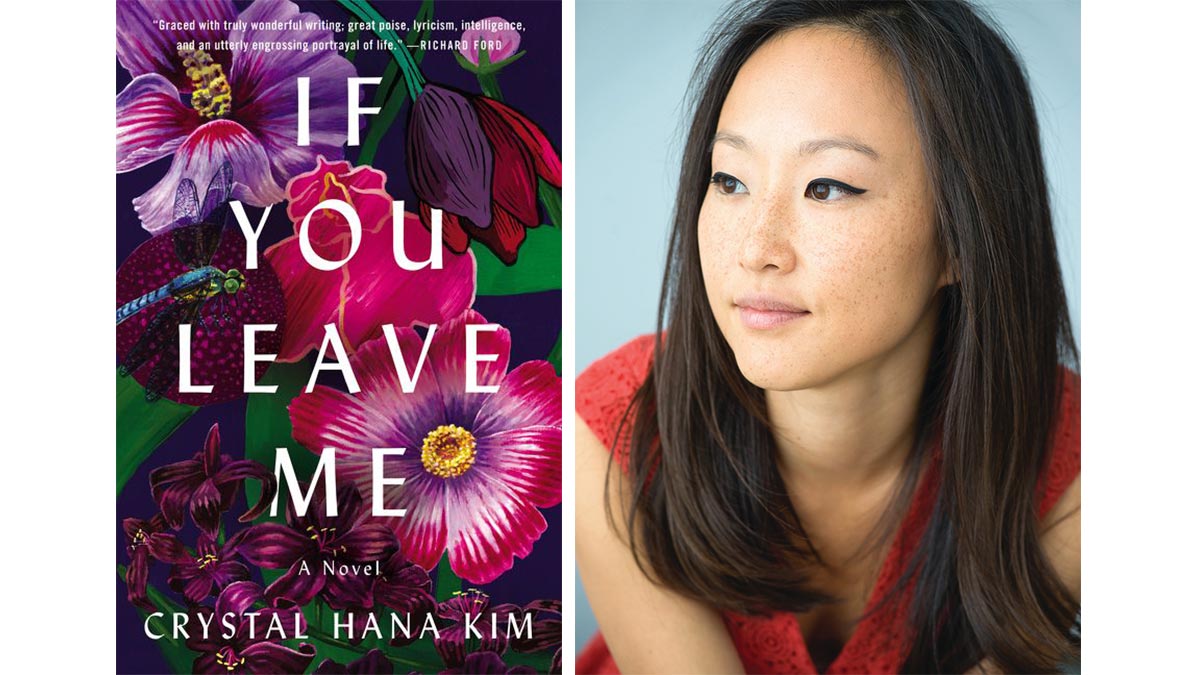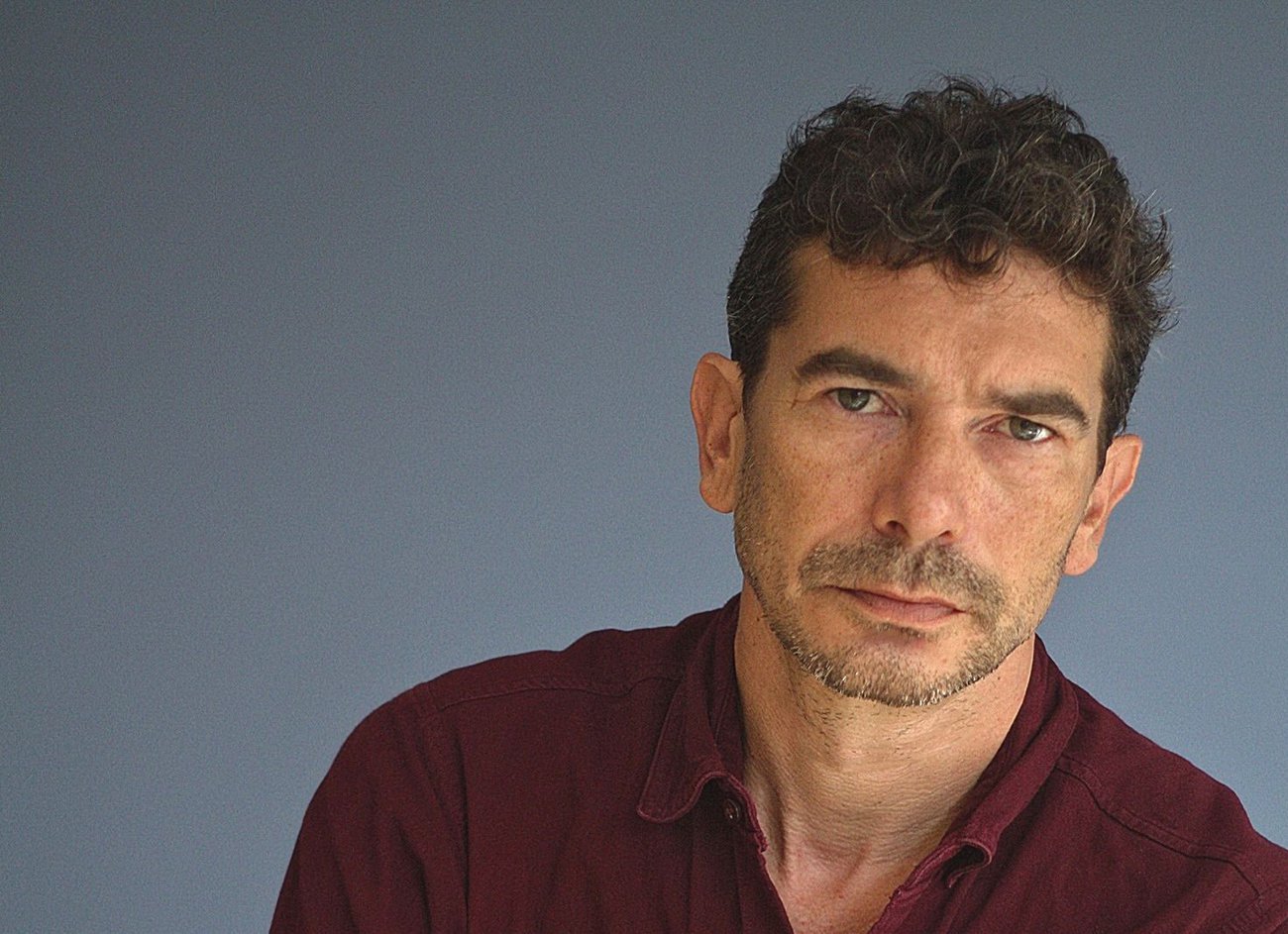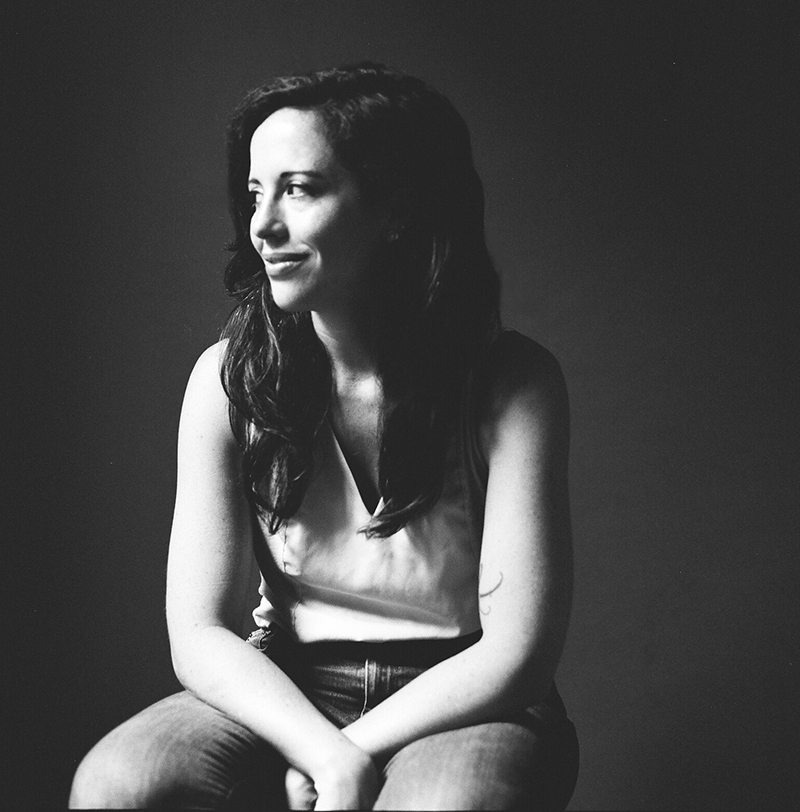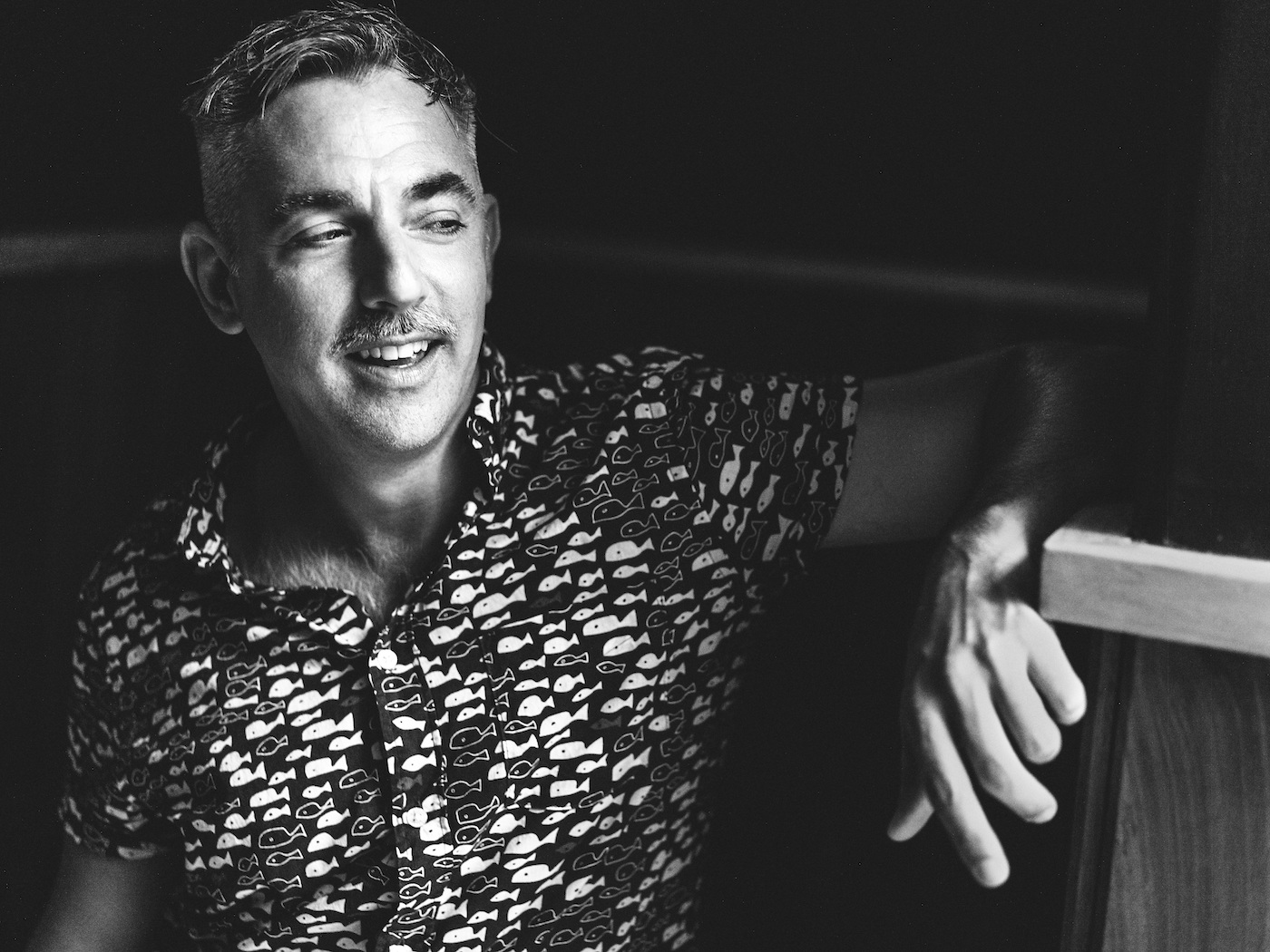The Word Process is an interview series focusing on the writing process and aimed at illuminating the many ways that writers approach the same essential task. In this interview, the novelist Crystal Hana Kim talks about habit versus inspiration, her favorite Louise Erdrich quote, and the advice she follows when she’s writing character.
You can read other Word Process interviews here.
What does your writing desk look like? What objects, photographs, texts or talismans do you keep there?
My husband and I just moved back to New York, so my desk is a bit of a mess right now. I haven’t finished unpacking! Usually, I have my notebooks in a stack to my left, and a pile of novels and poetry collections I may need for inspiration on my right. I also have a tin of pencils and pens, a candle, and coasters. I like the ritual of lighting a candle when I begin writing. I also have a smattering of rocks that I’ve collected over the years as well. I like to think of myself as a neat person, but my desk is a bit untidy.
Describe a typical day in your writing life.
My typical writing day depends on the time of the year and what I’m doing for LEDA, the nonprofit that I work for as a Director of Writing Instruction. I’ll describe my days off, when I can devote the whole day to writing. On those days, I’ll usually wake up around 8, make a pot of tea, and sit down to respond to emails. My mind is foggier in the mornings, so I like to complete the more menial tasks on my to-do list first. If I have any essay or book review assignments, I’ll complete them before lunch as well. After, I make another mug of tea and start writing fiction. I can go for hours once I’m in a groove. I also love writing late at night, when the world has stilled around me. When we lived in Chicago, I swam in Lake Michigan as a writing break in the late afternoon. I’ll have to figure out some other sort of physical activity now that we’re in Brooklyn.
When it comes to the craft of writing, what do you think is the most important quality or skill for a writer to possess in order to excel, and why?
Commitment. Writing a book takes time, and there will be moments along the way where you’ll doubt the manuscript, the writing process, the characters. When you’re writing a book, you commit years to a project that may not necessarily get published. It’s important for writers to be committed to their work and vision, to know that the writing you are doing is worthwhile and important, regardless of audience.
What book, poem, story, essay or quotation inspires you as a writer? What are your literary touchstones, the things that come to mind as you sit down to write a first draft?
My literary touchstones change with each project, but I do have two quotes that I often return to when I’m writing. The first is by Octavia Butler: “First forget inspiration. Habit is more dependable. Habit will sustain you whether you’re inspired or not. Habit will help you finish and polish your stories. Inspiration won’t. Habit is persistence in practice.” This reminds me to put in the work, to not get lazy and use the excuse of “waiting for inspiration” to procrastinate. The second quote is by Louise Erdrich, who I adore. In a Paris Review interview, she said, “I approach the work as though, in truth, I’m nothing and the words are everything. Then I write to save my life. If you are a writer, that will be true. Writing has saved my life.” The words are everything. It helps me to remember that!
What do you do when you feel stuck in your writing?
I read—voraciously and widely. I reread favorites as well as new releases. I read poetry and nonfiction as well. I read to remind myself what literature is capable of. I also will just force myself to sit at my desk and write. As I said in the previous answer, Octavia Butler’s quote reminds me to make writing a habit. If I’m feeling stuck, I’ll write a different scene or try the chapter from a different perspective. I’ll pry open the problem by writing my way to understanding.
What’s the best advice about craft or process that you’ve ever received?
I took a workshop with Deborah Eisenberg during my MFA at Columbia that changed my approach to writing. She taught me that if I knew my characters deeply, I wouldn’t need to display all that knowledge on the page for the reader. Instead, by following the characters’ temperaments and perspectives, the rest of the story would unfold according to their moralities, which would then reveal to the reader who these characters were. I’m paraphrasing, but I loved that bit of wisdom. It’s guided me ever since.
Crystal Hana Kim holds an MFA in Creative Writing from Columbia University and an MS in Education from Hunter College. She has received numerous awards, including PEN America’s Story Prize for Emerging Writers, along with fellowships and support from the Bread Loaf’s Writers Conference and the Fine Arts Work Center in Provincetown. She is currently a writing instructor for Leadership Enterprise for a Diverse America and a contributing editor at Apogee Journal. Born and raised in New York, she currently lives in Brooklyn. If You Leave Me is her first novel.
Photo Credit: Courtesy Harper Collins




